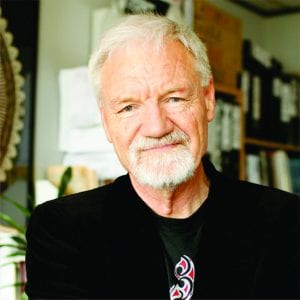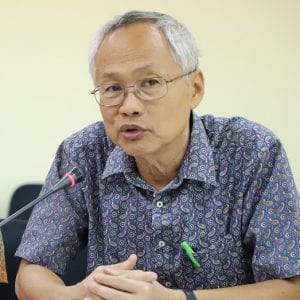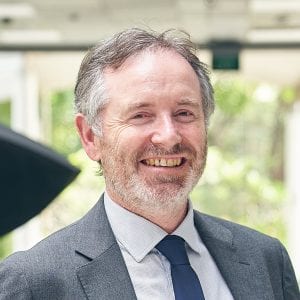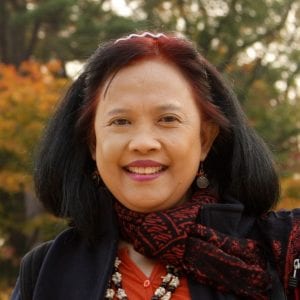(New) Ecological Problems: Redefining the Relation Between Human and Environment
[iheu_ultimate_oxi id="7"]
Image by Unsplash
Environmental damage, climate change, and increasingly intense natural disasters are serious problems faced by humanity in this millennium. More ecological damage occurs due to expansive and destructive human activities. Illegal logging, expansion of mining areas, pollution of water sources, overfishing, trade-in protected wildlife continue to happen, and the scale is even greater. Meanwhile, climate change is increasingly visible and impacted communities in urban to rural areas. Coastal cities in the United States to coastal villages in the north of Java are facing the real impact of sea-level rise that causes tidal flooding. Disasters that occur bring not only material losses but also the socio-economic implications of those affected.
Today, we see the emergence of new ecological problems that have never been faced before by humanity, both in scale and characteristics. The complexity of ecological problems should be understood as nonlinear, turbulent, and dynamic. The development of technology and science in the past decade has brought benefits to (a fraction of) humans turned out to also produce undesirable impacts on the environment. The complexity of ecological problems, on the one hand, is also driven by the conditions of global politics that are vulnerable and uncertain. Efforts to overcome various ecological problems are made so far. At the personal and household level, humans try to reduce the use of plastics, recycle waste, to minimize electricity consumption and fossil fuels. Environmental movements appear on a limited scale to a global scope to drive social and political change. Governments have implemented various regulations to maintain quality and guarantee the future of the environment and humanity. But, these problems seem to become more complex and demand extraordinary effort to solve.
One of the efforts that are encouraged to overcome ecological problems and their impacts is to understand and redefine human relations with nature/environment. Science, especially social sciences, can play a vital role in this. How do social sciences (have and should) respond to increasingly complex ecological problems today? It is one of the essential questions and the starting point for discussion from this panel.
-

Prof. David Robie
Auckland University of TechnologyProfessor David Robie is the Director of the Pacific Media Centre and a journalist of more than 40 years. For more than two decades he focused on covering the Asia-Pacific region. He has reported on post-colonial coups, indigenous struggles for independence and environmental and developmental issues.
-

Dr.rer.pol., Sonny Mumbunan
Universitas IndonesiaDr. Sonny Mumbunan is an economist and research scientist at the Research Centre for Climate Change at Universitas Indonesia. Sonny Mumbunan holds an M.Sc. in Empirical Economics and Policy Advise from Martin Luther University Halle–Wittenberg (2008). He holds a PhD in economics from University of Leipzig, Germany, based on his work at the Helmholtz Center for Environmental Research, Germany.
-

Dr. Linda Yanti Sulistiawati
Universitas Gadjah MadaLinda is an internationally recognised scholar in Indonesian international environmental law. She is an Associate Professor of Law in Universitas Gadjah Mada. From 2018 to 2021, Linda is a lead author of the Intergovernmental Panel on Climate Change’s Sixth Assessment Report.









